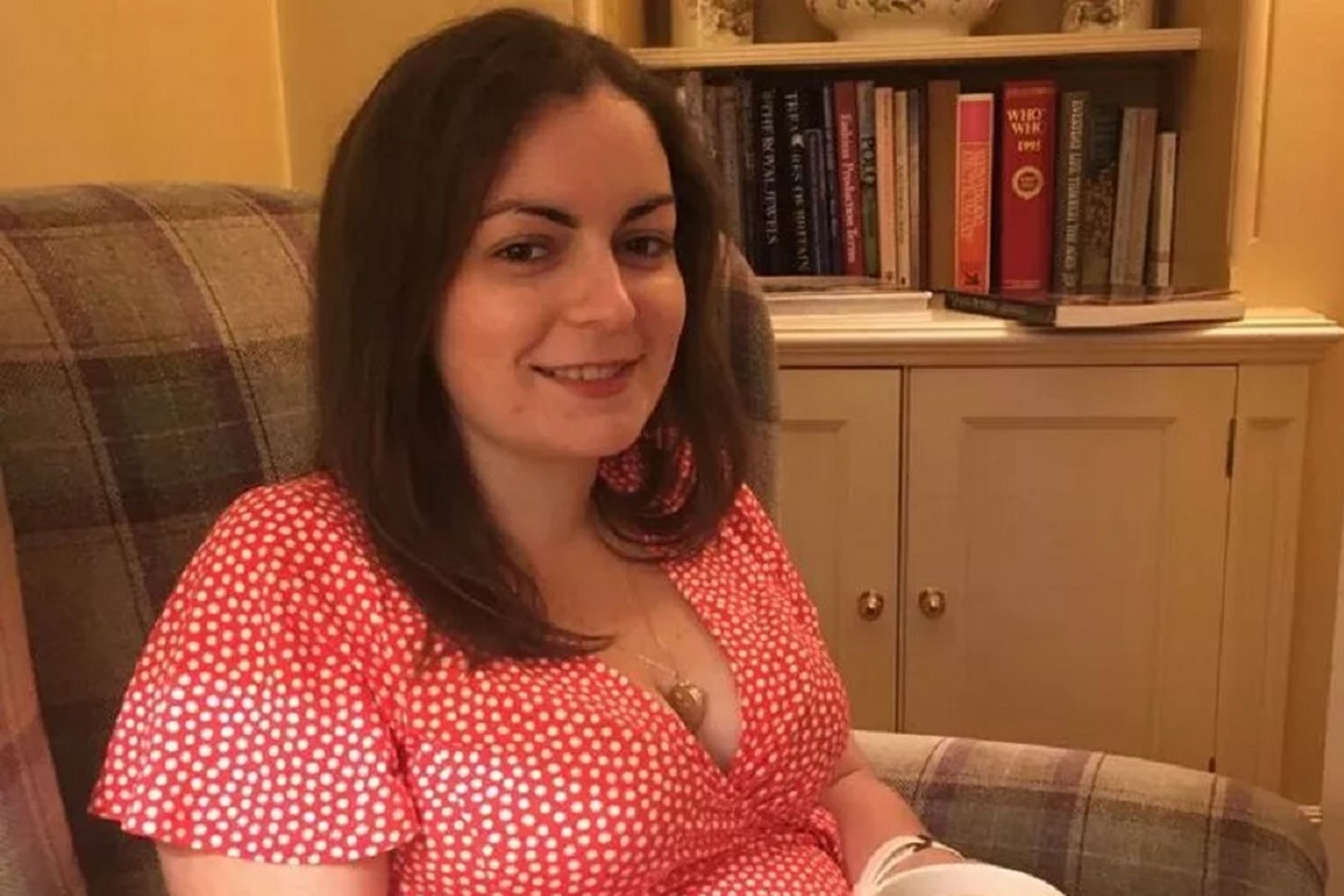No clear cause for death of mother seconds after giving birth, inquest told
Bernadette Horsey died aged 31 after going into cardiac arrest after giving birth to her son.

Your support helps us to tell the story
From reproductive rights to climate change to Big Tech, The Independent is on the ground when the story is developing. Whether it's investigating the financials of Elon Musk's pro-Trump PAC or producing our latest documentary, 'The A Word', which shines a light on the American women fighting for reproductive rights, we know how important it is to parse out the facts from the messaging.
At such a critical moment in US history, we need reporters on the ground. Your donation allows us to keep sending journalists to speak to both sides of the story.
The Independent is trusted by Americans across the entire political spectrum. And unlike many other quality news outlets, we choose not to lock Americans out of our reporting and analysis with paywalls. We believe quality journalism should be available to everyone, paid for by those who can afford it.
Your support makes all the difference.A pathologist has told an inquest that he could not find a clear cause of death of a mother who went into cardiac arrest and died seconds after giving birth to her son.
Bernadette Horsey died shortly after giving birth to Tim on January 19 2022.
The 31-year-old biomedical scientist died at the Royal Derby Hospital after doctors had previously raised no concerns about her health during a planned caesarean section.
At an inquest into her death, two clinicians who were in theatre when Mrs Horsey died said they believed she had died because of an amniotic fluid embolism, where amniotic fluid mixes with the mother’s bloodstream and can cause the heart to stop.
I have not been able to explain it and I am frustrated deeply, both for you and also on behalf of the family
But giving evidence to Derby Coroner’s Court, Professor Simon Kim Suvarna, a consultant histopathologist who conducted Mrs Horsey’s post-mortem, said he could find no definitive diagnosis as to why she died.
He said: “I came to a conclusion that there was no absolute slam dunk diagnosis.
“If you asked me to put a bet on it (prior to the post-mortem), I would have put money on this being an amniotic fluid embolism.
“I was running parallel to the clinicians’ opinion up until I found no results.
“Ultimately I was expecting to find some material and I did not. I am then stuck.
“I can’t quote a diagnosis if I have no evidence for it.
“I have not been able to explain it and I am frustrated deeply, both for you (the coroner) and also on behalf of the family.
“I wish I could find something obvious and clear. They need this closure and I am frustrated on their behalf.”
The doctor said on Thursday that when the case was first reported to him, he believed it would be a clear case of amniotic fluid embolus before conducting the post-mortem on January 24 last year.
But after several tests and scans of tissue samples, he found no sign of this, with no positive signs of a heart attack or other issue which could have caused Mrs Horsey’s death.
As a result, Prof Suvarna said that Mrs Horsey’s cause of death was “unascertained”.
When asked by Louise Pinder, assistant coroner for Derby and Derbyshire, whether she should follow the clinicians’ opinion, Prof Suvarna said this was a matter for the court.
He said: “I fully accept that the clinicians have got a view, I can understand that view as that’s where I started as well, but if I have no evidence, I have difficulty in making the case to go any further.”
The court had previously heard from Dr Martyn Traves and Dr Rebecca Robinson, a consultant anaesthetist and consultant obstetrician respectively, that they were “certain” Mrs Horsey had suffered an amniotic fluid embolus causing her to go into cardiac arrest in a matter of seconds.
Giving his evidence on Wednesday, Dr Traves said Mrs Horsey had a “profound, catastrophic collapse”.
Dr Robinson told the court on Thursday that the case was an “absolutely textbook presentation” of an amniotic fluid embolus and that there was no way of predicting or preventing what happened.
The inquest is due to conclude on Friday.